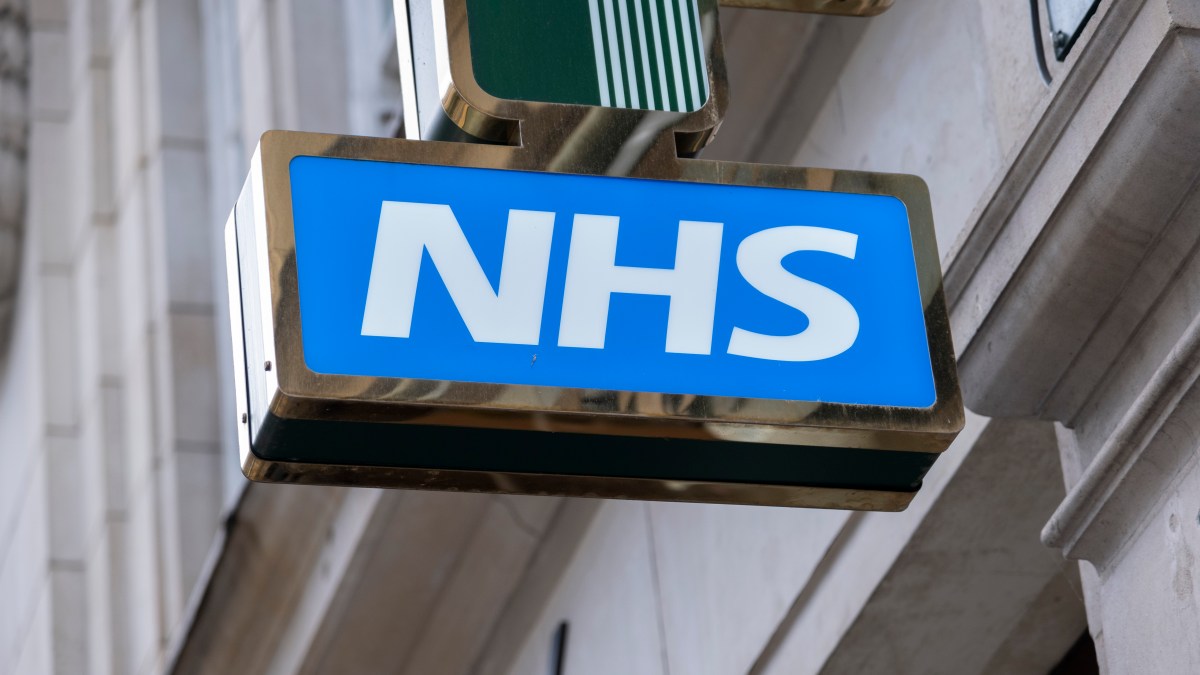Two GP surgeries are shutting down every week, forcing family doctors to care for hundreds more patients.
Patients face travelling further to see a doctor as more than 1,000 practices have shut since 2018, intensifying a crisis at the NHS front door.
Medical leaders called for more funding for traditional family doctors, but ministers say that better local care requires more fundamental reform based on super-surgeries offering a wider range of treatments.
Wes Streeting, the health secretary, has said that better local treatment that helps prevent illness is key to his vision for fixing the NHS, and a ten-year reform plan published over the summer promised a network of neighbourhood health centres to bring care out of hospital. He also promised to “bring back the family doctor” and end the 8am scramble for GP appointments which means many patients have little choice but to go to A&E for treatment.
However, the scale of the problem is set out in new analysis of official data by the Royal College of GPs, which finds one in seven GP practices have shut down since 2018. There are now 6,229 active practices in England, down 14 per cent on seven years ago.
At the same time, there are now five million more registered patients while GP numbers are down by more than 600. It means each family doctor is now responsible for 2,257 patients, up from 2,034 in 2018.
Professor Kamila Hawthorne, chairwoman of the college, said: “We know how important a local GP practice is to our patients — it doesn’t matter to them whether their surgery closes or is merged with another, because for them it may mean that the continuous care they’ve been receiving is disrupted, as staff leave. And if patients need to travel further for care, at their own cost and inconvenience, it could disincentivise them from seeking care, potentially worsening their health.”
Caroline Abrahams, charity director of Age UK, said the loss of a surgery would be “deeply felt” by older patients. “If you are an older person living with multiple health conditions, as is the case for many, then the ability to visit your practice to see a doctor or nurse in person really matters,” she said.
“GP surgeries are the bedrock of the NHS and having one nearby that’s easy to get to is reassuring for older people living at home in declining health.”
Hawthorne insisted that doctors did not want to shut down surgeries, but “that this is happening on such a scale demonstrates the impact that years of unmanageable workloads, chronic underfunding, and poor workforce planning have had on general practice.”
She said that making patients travel further “defeats the object” of Streeting’s plan for better local care, saying he needed to do more to keep surgeries open and back the traditional model under which independent GP partnerships contract services to the NHS.
• GPs will be replaced by ‘non-doctor medics’ amid surgery closures
Streeting has previously spoken about abolishing this model and, though he has backed away from fully nationalising GPs, he is aiming at a “mixed economy” where local clinics are delivered in different ways.
His plan demands “more fundamental reform” of local surgeries, saying: “Where the traditional GP partnership model is working well it should continue, but we will also create an alternative”. This will involve GPs working with other health professions over a bigger area, in groups that can be run by hospitals or other NHS bodies.
Neil O’Brien, the Tory policy chief, accused Streeting of being “all over the place on GPs. First he said he would abolish traditional practices, then seemed to drop that idea without putting forward any other plan.” O’Brien said there was “far too little focus on primary care even though it is the front door to the NHS and the best way to keep people from needing expensive hospital care”.
A spokeswoman for the Department of Health and Social Care said: “GPs are front of centre of the Ten Year Health Plan and will be at the heart of our historic shift from hospital to community as key players in a new Neighbourhood Health Service. That’s why they will benefit from an increasing proportion of NHS funds, and we’ve already made great progress, including recruiting over 2,000 extra GPs in a year”.

